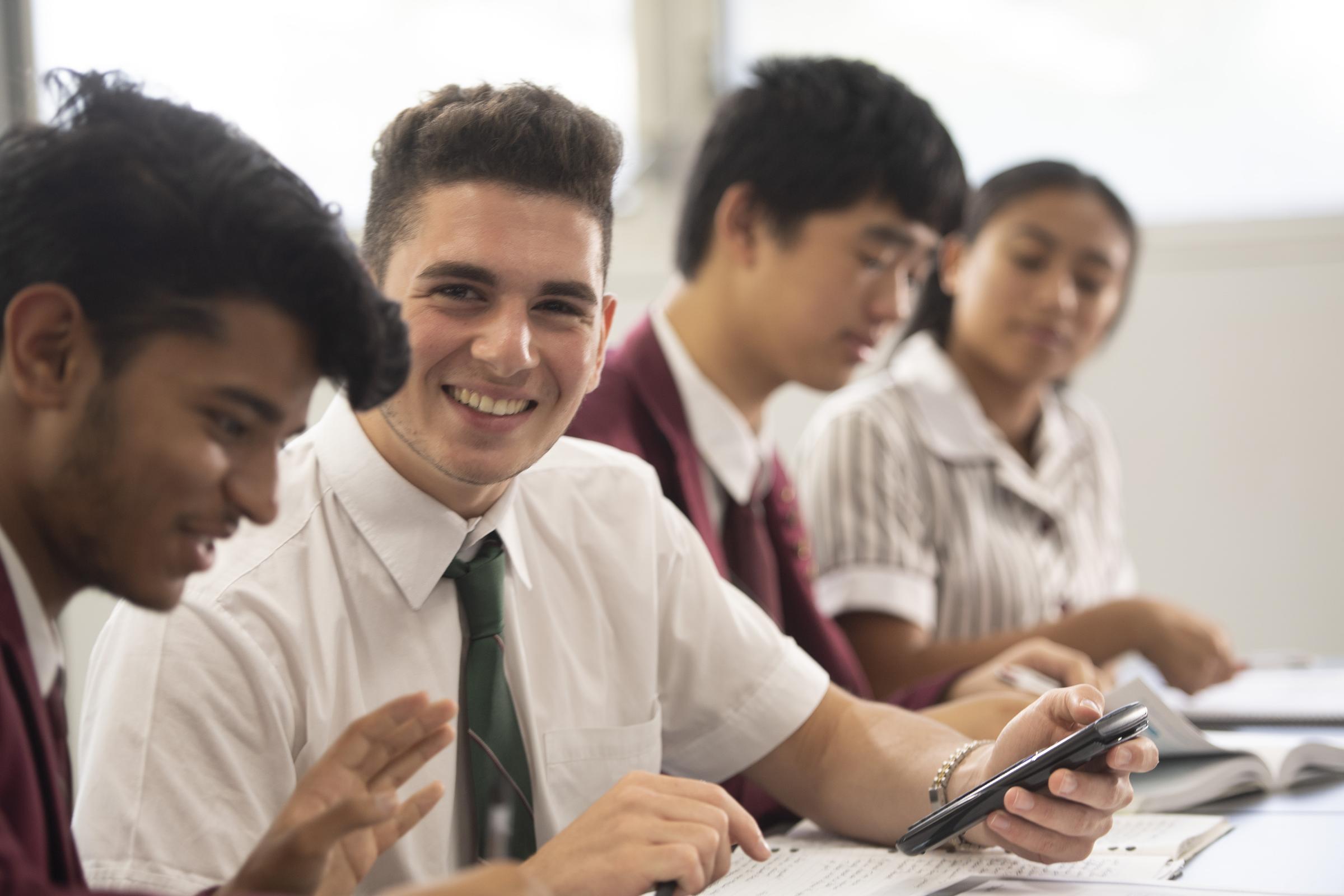Wellbeing

A Wellbeing Note:
2020 has been a year unlike any that we have known….
We have lived through a global pandemic that has forced lockdowns and restrictions which in turn changed our way of life as we knew it. These changes have led to many people facing worries and uncertainties that they have never had to deal with before. For some, remote learning and working were a source of anxiety, for others it was the social aspect of not seeing friends and loved ones that impacted them, whilst others faced financial hardship due to loss of income.
Many saw the easing of restrictions as the “light at the end of the tunnel” - the thought of being able to “live as we used to” was what got people through. However, for some people, the easing of restrictions and the recommencement of school, activities and generalised movement has led to further anxiety and worry. Concerns such as being behind at school and another COVID wave are amongst a few.
Making mental health our number one priority is one way to help deal with these concerns. Mindfulness activities are often helpful during times of stress, as are activities that look at what we can and can’t control.
ReachOut has developed an app called Worrytime. The app is free and easy to use and allows you to choose a place and timeframe in which to focus on what may be worrying you. It has the feature of allowing you to log anything that may be worrying you so that you can review it later. Once you have decided that the worry no longer is a problem, you can delete it and get on with your day. The app also has a list of Emergency Help Services that may also be of assistance.
Another way to support mental health may the use of mindfulness techniques. Some ideas include:
• Mindful Breathing
There are several websites and Apps that help with breathing techniques such as Smiling Mind, Reach Out and Headspace.
https://blog.smilingmind.com.au/how-mindfulness-can-help-during-coronavirus
https://au.reachout.com/articles/mindfulness-is-it-for-you
https://www.headspace.com/mindfulness
• Movement
Go for a walk or a run in the fresh air. Try some yoga, there are some great yoga sessions on YouTube. https://www.youtube.com/user/yogawithadriene
• Connect with friends or loved ones.
• Meditate
The same websites and Apps listed above also have sections focussing on Meditation.
I encourage you to try the app or some of the mindfulness techniques listed to help deal with anxiety and stress.
Nicole Joyce
School Nurse
30 Seconds of Calm
CNN an American news-based tv station has introduced a new incentive besides broadcasting news – 30 seconds of calm. These videos are a short 30 second clip featuring calming music and stunning landscapes, meant to promote relaxation and clarity for a brief amount of time. There is an abundance of these soothing videos featured on their YouTube channel: NCH.
Follow the following link to access one of the many videos they have: https://www.youtube.com/watch?v=Uf8pG5TqJD0
According to; Melbourne Child Psychology the benefits of a few moments of meditation a day can go a very long way. These “short bursts of calm” are described as a ‘mindful pause’, perfect for times of stress and anxiety.
This quick fix can be really beneficial when schoolwork begins to get overwhelming, before a big sports game, or whenever you just need a moment to calm down and relax.
If you are interested in reading the whole article written by Melbourne Child Psychology, it can be found at: https://www.melbournechildpsychology.com.au/blog/mindful-pauses-how-30-seconds-of-meditation-can-help-to-relieve-anxiety/

